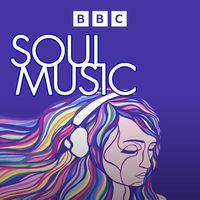Total duration:18 h 10 min
|
|
|
04:41
|
|
|
|
27:50
|
|
|
|
27:48
|
|
|
|
27:45
|
|
|
|
27:53
|
|
|
|
27:48
|
|
|
|
27:39
|
|
|
|
27:41
|
|
|
|
28:42
|
|
|
|
27:51
|
|
|
|
27:42
|
|
|
|
27:49
|
|
|
|
27:51
|
|
|
|
27:43
|
|
|
|
27:37
|
|
|
|
27:47
|
|
|
|
27:48
|
|
|
|
27:56
|
|
|
|
27:52
|
|
|
|
27:28
|
|
|
|
27:34
|
|
|
|
27:50
|
|
|
|
27:43
|
|
|
|
28:02
|
|
|
|
27:47
|
|
|
|
27:51
|
|
|
|
27:52
|
|
|
|
27:43
|
|
|
|
27:42
|
|
|
|
27:48
|
|
|
|
27:50
|
|
|
|
27:55
|
|
|
|
27:42
|
|
|
|
27:54
|
|
|
|
27:41
|
|
|
|
28:26
|
|
|
|
27:51
|
|
|
|
27:49
|
|
|
|
28:44
|
|
|
|
27:50
|

